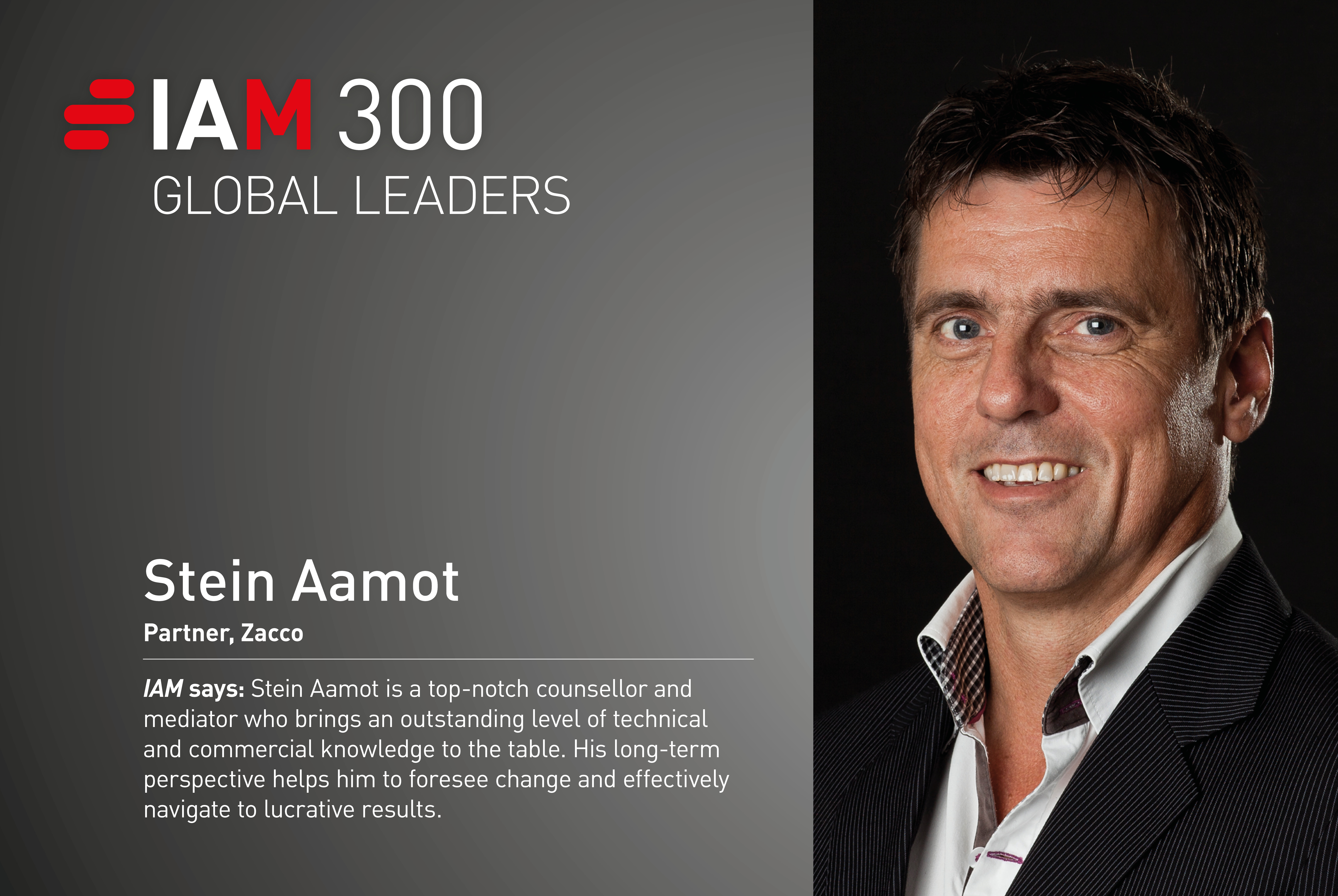Stein Aamot
You have been the CEO of two start-up R&D companies. Against that backdrop, what does effective leadership look like to you?
Leadership is about being able to delegate. Founders can easily fall into the trap of feeling responsible for solving every task themselves. That is just not possible.
A challenge for start-up R&D companies is to recognise the need to create reliable revenue streams. It can be difficult to create this from sales rather than just issuing shares. The latter can be a distraction, taking time and energy from management teams.
Intellectual property is critical for many start-ups for protecting ownership of technology, attracting new shareholders or reducing risk for pilot customers and industrial partners.
Developing a strategy to secure IP rights is a complicated path full of pitfalls. I discovered early that this task should be outsourced to professionals. Over time, CEOs becomes wiser and can then take the lead.
What recent decisions or legislative developments are having the biggest impact on IP strategy in Norway right now?
One legislative change was the introduction of an administrative patent review, which is intended to be a quick and cheap alternative to court proceedings. It allows anyone to request that a patent be declared completely or partially invalid by administrative review – including European patents validated in Norway.
There is no deadline for submitting this request, so patents can be challenged any time during their lifetime. Parties can even request administrative review after a patent’s expiry. This introduces a lifetime risk of losing established rights and an opportunity for opposition to invalidate patents. The Norwegian Industrial Property Office (NIPO) can also award legal costs to either party, which can be costly for start-ups. However, it is too early to say whether this will influence companies’ IP strategies or willingness to apply for patents.
What are the most common mistakes that foreign rights holders make when it comes to prosecution in Scandinavia, and how can they avoid these pitfalls?
Norway is not a member of the European Union but is part of the EPO. Therefore, granted European patents may be validated in Norway, which can reduce costs compared to filing a Norwegian application.
While Norway may not have as many registrations as Sweden or Denmark, it has a long coastline; lots of mountainous and ocean areas fall under its regulation and ownership so Norway is often among market leaders in industries like oil exploration, fish farming and hydroelectric power. Within these sectors, establishing Norwegian IP rights is integral to many foreign competitors. The NIPO also has a reputation for high competence in these areas, so a patent application examined in Norway may be advantageous for those wanting a ‘stronger’ patent. This advantage is lost if a patent is brought to Norway solely through validating a European patent.
Before the UPC launched, there was uncertainty around how it would affect non-EU countries that are party to the EPC. Now that the court is up and running, how many of these concerns have been realised, and how are you managing these in Norway?
It is still too early to answer this question. Some clients with existing European patent rights have opted out and some have chosen to validate granted patents via the UPC and in other non-UPC/EU countries, but there is still uncertainty. We will get a better understanding of its implications once the courts start issuing decisions.
We have global players, but Norwegian industry is primarily SMEs. Some fear that the court fees’ coverage planned for the UPC may become a burden for these IP owners.
What trends are you seeing emerge in licensing as a result of increasing tech convergence and the IoT?
IoT and sensors in general have substantially increased the amount of data collected from industry and the environment. Previously, devices that collected data were patented and protected and revenue streams were mainly developed from producing, selling or licensing these devices and processes. Now with Big Data, there are possibilities to create new products or processes from data alone. This has shifted the playing field so that it is data owners that monetise the technology – often through licensing or marketing.
New challenges (eg, an increased focus on data protection and security) are arising. Licensing is more prominent and increasing digitalisation means that cybersecurity is a key topic when protecting intellectual property. The best IP firms are able to offer a well-rounded and comprehensive solution that that incorporates everything needed to develop, secure and enforce your assets.
Stein Aamot
Partner, Patent Attorney
[email protected]
Stein Aamot has over three decades of international IP, R&D and industry experience in private practice and heading companies at the forefront of software, encryption and data security. A master in IP strategy, negotiation and commercialisation, he draws on extensive expertise to assist clients with developing, securing and monetising their intellectual property across traditional and emerging technologies including AI, software, IoT, e-commerce, communications and civil engineering, bridging the connection between life sciences and biotech.
